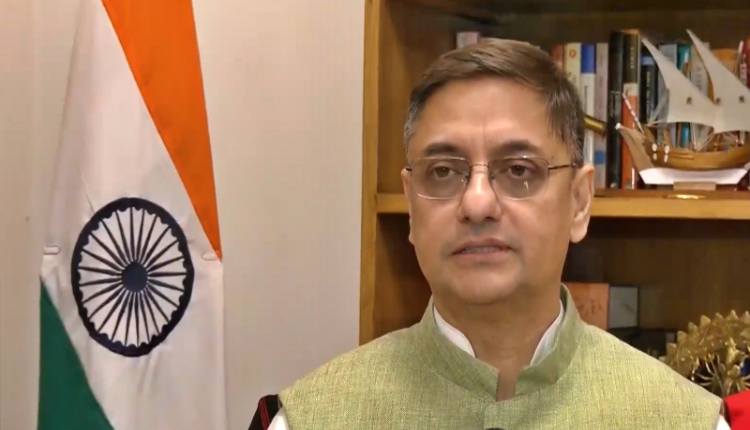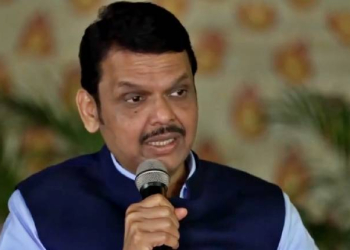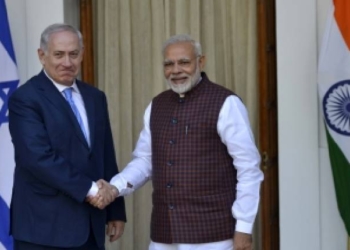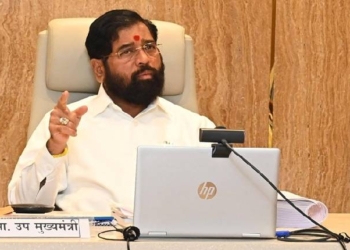New Delhi: The new GST 2.0 regime is all set to not only simplify processes to ease the burden on businesses but also empower the middle class and the poor in terms of the cost of everyday essentials, Sanjeev Sanyal, a member of Prime Minister Narendra Modi’s Economic Advisory Council (EAC), said on Thursday.
Speaking to IANS in the national capital, he said that the changes made in GST are very important for the development of our indirect tax system.
“It has been simplified very significantly from the earlier system. Now there are only two major slabs and one for a very small number of sin goods. As a result, it will make the GST system a lot more efficient,” said the leading economist, adding that most of the day-to-day items are now under very low tax rates, among the lowest in the world.
Several items have been made cheaper in new GST slabs – like cement which is now in the 18 per cent slab from the earlier 28 per cent, and many food items which have now been put into the 5 per cent slab or even nil slab from the earlier 12 and 18 per cent slabs.
Sanyal said another big change that has happened is that there are a lot of process reforms.
“A new system has been created where we estimate about 96-97 per cent of GST registrations will now get automatically done in three days. This will be something that will further simplify things, and then there are other processes as well in terms of getting refunds and so on. So, the idea was to make it a lot simpler, a lot lighter and hopefully this will ease the burden on businesses that are functioning,” Sanyal told IANS.
He further stated that the removal of GST on health and life insurance premiums will help policyholders.
“The health insurance penetration in India is not very high and there have been deliberations on how to improve this. This is one more step towards that in terms of making it somewhat cheaper for the average household to purchase, but, of course, there are many other issues in health insurance that we also need to look at,” said the economist.
(IANS)
















